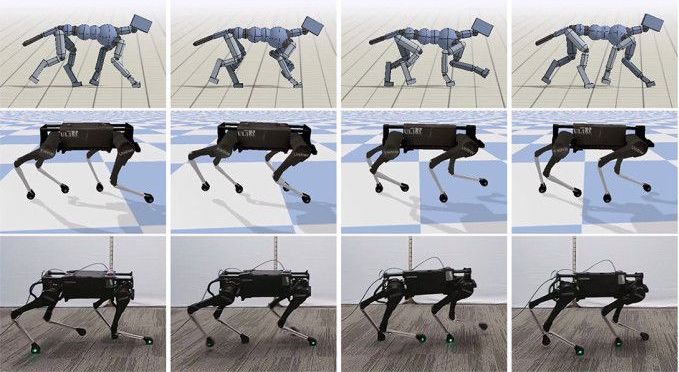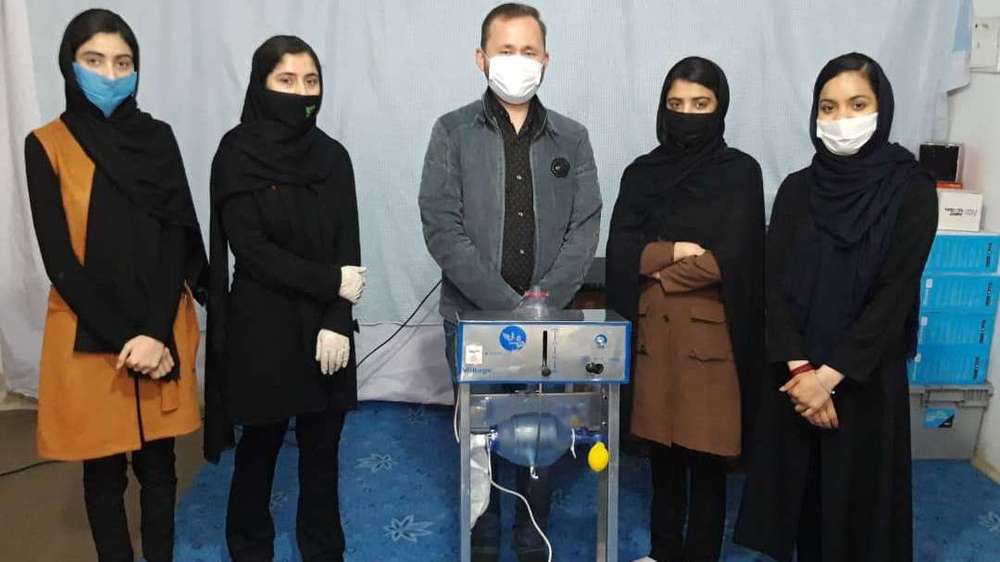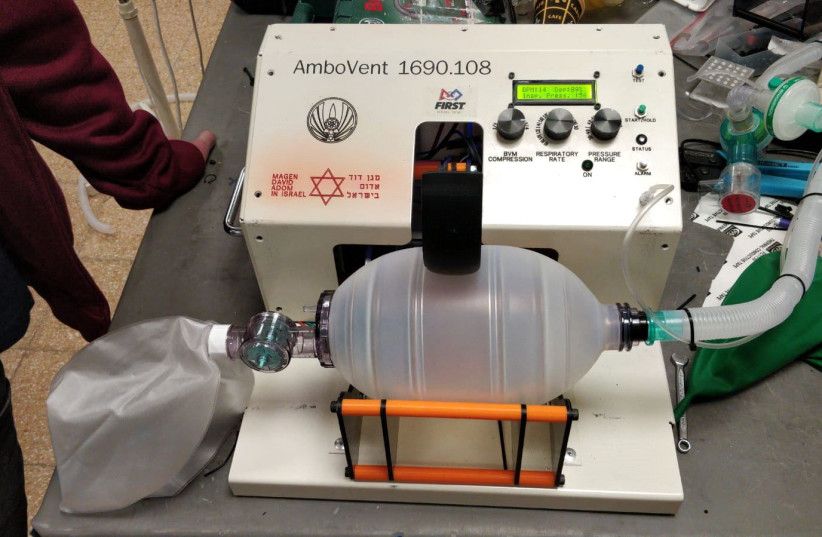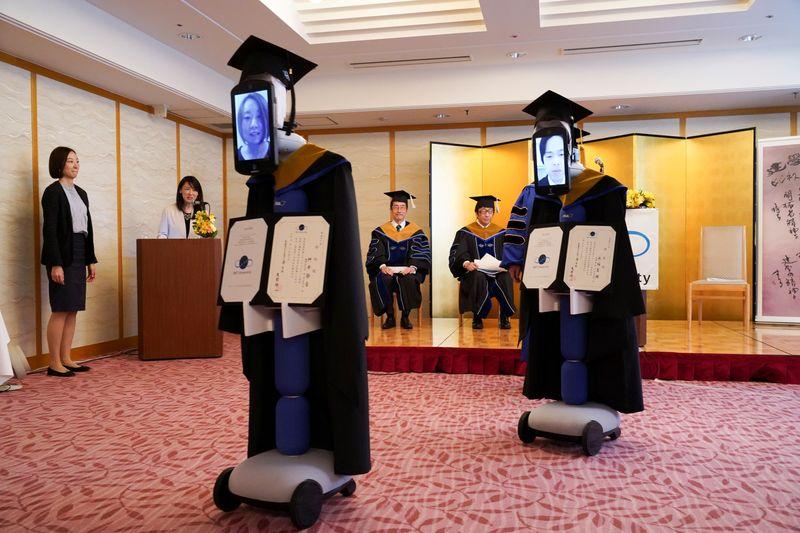Tiny biohybrid robots on the micrometer scale can swim through the body and deliver drugs to tumors or provide other cargo-carrying functions. The natural environmental sensing tendencies of bacteria mean they can navigate toward certain chemicals or be remotely controlled using magnetic or sound signals.
To be successful, these tiny biological robots must consist of materials that can pass clearance through the body’s immune response. They also have to be able to swim quickly through viscous environments and penetrate tissue cells to deliver cargo.
In a paper published this week in APL Bioengineering, from AIP Publishing, researchers fabricated biohybrid bacterial microswimmers by combining a genetically engineered E. coli MG1655 substrain and nanoerythrosomes, small structures made from red blood cells.









